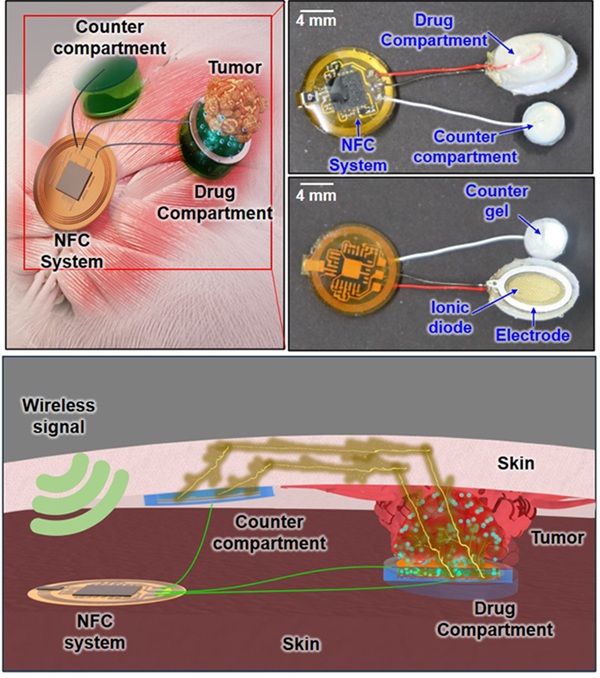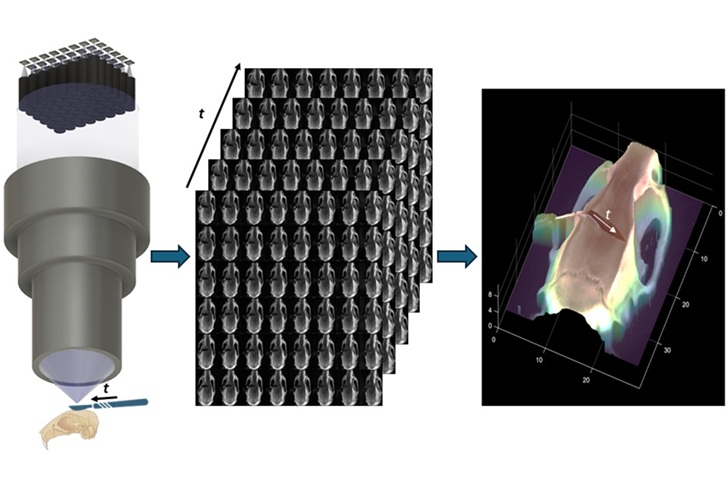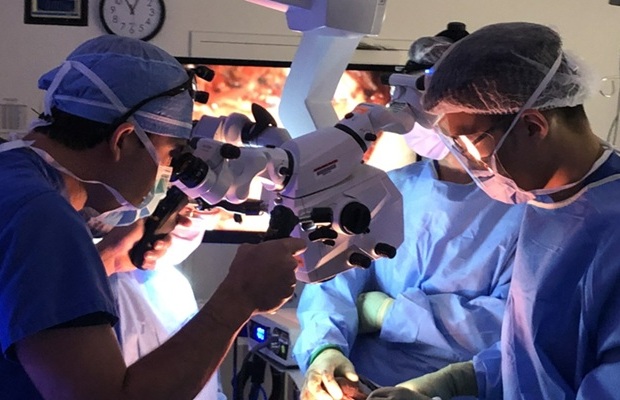New AI Model Based on 3D CT Scans Improves Accuracy of Machine Learning in COVID-19 Diagnosis
|
By HospiMedica International staff writers Posted on 17 Dec 2021 |

Researchers have developed an artificial intelligence (AI) model that can diagnose COVID-19 as well as a panel of professional radiologists, while preserving the privacy of patient data.
An international team of researchers, led by the University of Cambridge (Cambridge, England) and the Huazhong University of Science and Technology (Hubei, China), used a technique called federated learning to build their model. Using federated learning, an AI model in one hospital or country can be independently trained and verified using a dataset from another hospital or country, without data sharing. The researchers based their model on more than 9,000 CT scans from approximately 3,300 patients in 23 hospitals in the UK and China. Their results provide a framework where AI techniques can be made more trustworthy and accurate, especially in areas such as medical diagnosis where privacy is vital.
AI has provided a promising solution for streamlining COVID-19 diagnoses and future public health crises. However, concerns surrounding security and trustworthiness impede the collection of large-scale representative medical data, posing a challenge for training a model that can be used worldwide. In the early days of the COVID-19 pandemic, many AI researchers worked to develop models that could diagnose the disease. However, many of these models were built using low-quality data, ‘Frankenstein’ datasets, and a lack of input from clinicians. Many of the same researchers from the current study highlighted that these earlier models were not fit for clinical use in the spring of 2021.
The international team of researchers used two well-curated external validation datasets of appropriate size to test their model and ensure that it would work well on datasets from different hospitals or countries. The researchers based their framework on three-dimensional CT scans instead of two-dimensional images. CT scans offer a much higher level of detail, resulting in a better model. They used 9,573 CT scans from 3,336 patients collected from 23 hospitals located in China and the UK.
The researchers also had to mitigate for bias caused by the different datasets, and used federated learning to train a better generalized AI model, while preserving the privacy of each data centre in a collaborative setting. For a fair comparison, the researchers validated all the models on the same data, without overlapping with the training data. The team had a panel of radiologists make diagnostic predictions based on the same set of CT scans, and compared the accuracy of the AI models and human professionals. The researchers say their model is useful not just for COVID-19, but for any other diseases that can be diagnosed using a CT scan.
“AI has a lot of limitations when it comes to COVID-19 diagnosis, and we need to carefully screen and curate the data so that we end up with a model that works and is trustworthy,” said co-first author Hanchen Wang from Cambridge’s Department of Engineering.
“Before COVID-19, people didn’t realize just how much data you needed to collect in order to build medical AI applications,” said co-author Dr. Michael Roberts from AstraZeneca and Cambridge’s Department of Applied Mathematics and Theoretical Physics. “Different hospitals, different countries all have their own ways of doing things, so you need the datasets to be as large as possible in order to make something that will be useful to the widest range of clinicians.”
Related Links:
University of Cambridge
Huazhong University of Science and Technology
Latest COVID-19 News
- Low-Cost System Detects SARS-CoV-2 Virus in Hospital Air Using High-Tech Bubbles
- World's First Inhalable COVID-19 Vaccine Approved in China
- COVID-19 Vaccine Patch Fights SARS-CoV-2 Variants Better than Needles
- Blood Viscosity Testing Can Predict Risk of Death in Hospitalized COVID-19 Patients
- ‘Covid Computer’ Uses AI to Detect COVID-19 from Chest CT Scans
- MRI Lung-Imaging Technique Shows Cause of Long-COVID Symptoms
- Chest CT Scans of COVID-19 Patients Could Help Distinguish Between SARS-CoV-2 Variants
- Specialized MRI Detects Lung Abnormalities in Non-Hospitalized Long COVID Patients
- AI Algorithm Identifies Hospitalized Patients at Highest Risk of Dying From COVID-19
- Sweat Sensor Detects Key Biomarkers That Provide Early Warning of COVID-19 and Flu
- Study Assesses Impact of COVID-19 on Ventilation/Perfusion Scintigraphy
- CT Imaging Study Finds Vaccination Reduces Risk of COVID-19 Associated Pulmonary Embolism
- Third Day in Hospital a ‘Tipping Point’ in Severity of COVID-19 Pneumonia
- Longer Interval Between COVID-19 Vaccines Generates Up to Nine Times as Many Antibodies
- AI Model for Monitoring COVID-19 Predicts Mortality Within First 30 Days of Admission
- AI Predicts COVID Prognosis at Near-Expert Level Based Off CT Scans
Channels
Critical Care
view channel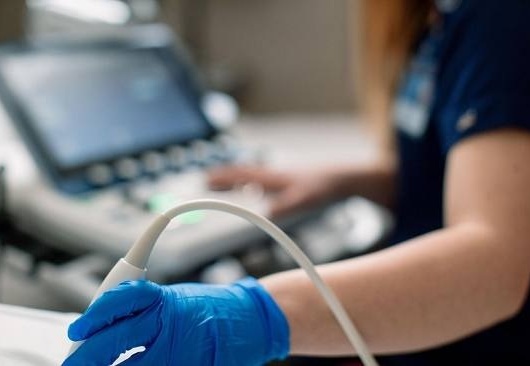
AI-Enhanced Echocardiography Improves Early Detection of Amyloid Buildup in Heart
Cardiac amyloidosis is a life-threatening condition where an abnormal protein called amyloid builds up in the heart, causing it to stiffen and lose functionality. The disease is often missed because its... Read more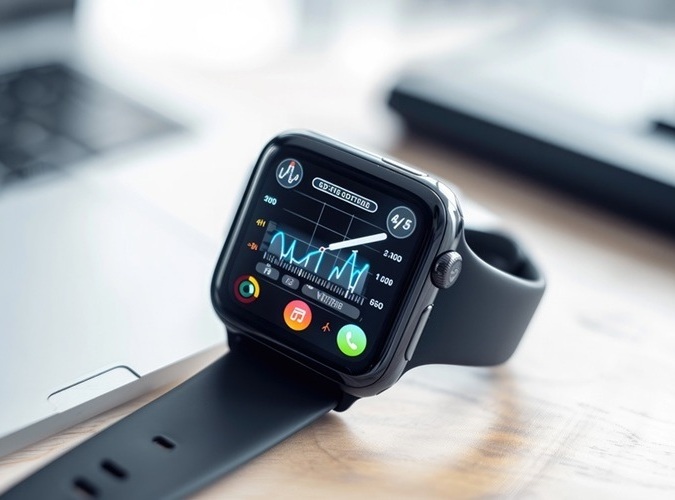
Consumer Wearables Could Predict Pediatric Surgery Complications
An estimated 4 million children undergo surgical procedures in U.S. hospitals each year. Postoperative complications, such as infections, can pose significant health risks to children, and timely detection... Read moreSurgical Techniques
view channel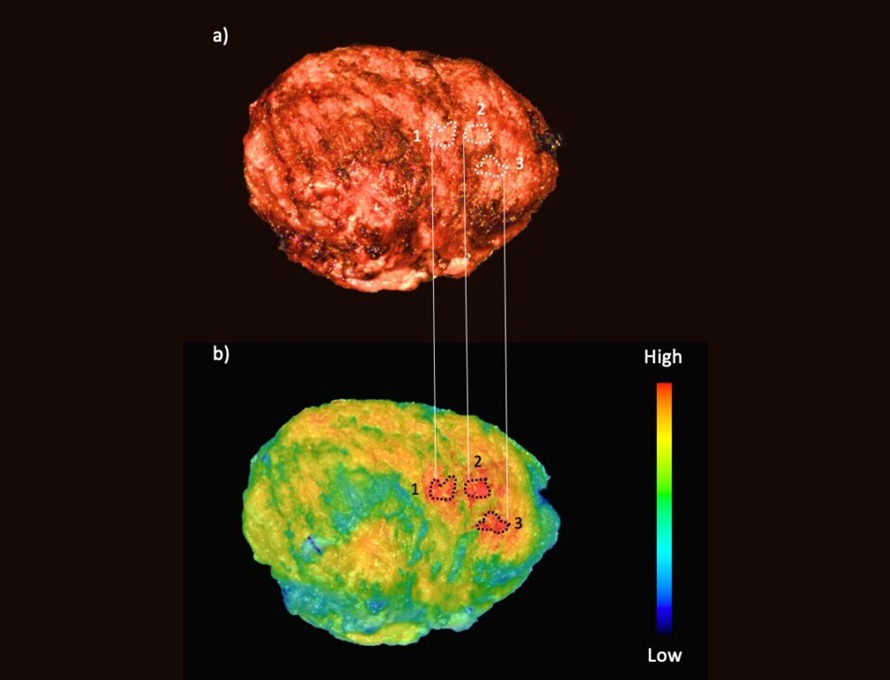
Fluorescent Imaging Agent ‘Lights Up’ Nerves for Better Visualization During Surgery
Surgical nerve injury is a significant concern in head and neck surgeries, where nerves are at risk of being inadvertently damaged during procedures. Such injuries can lead to complications that may impact... Read more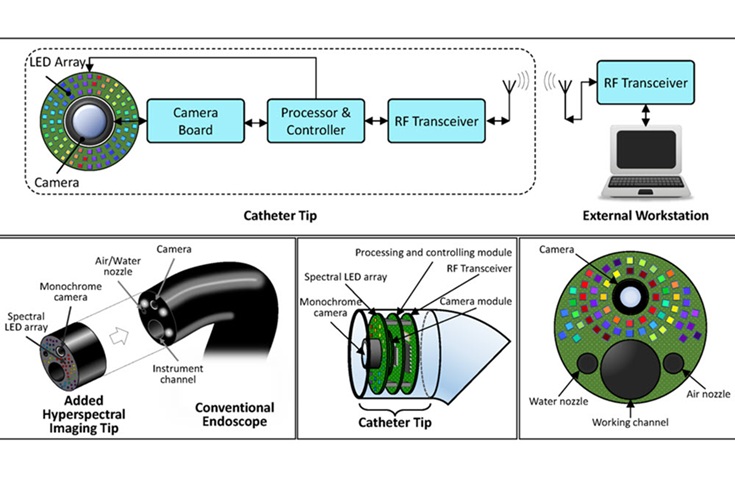
LED-Based Imaging System Could Transform Cancer Detection in Endoscopy
Gastrointestinal cancers remain one of the most common and challenging forms of cancer to diagnose accurately. Despite the widespread use of endoscopy for screening and diagnosis, the procedure still misses... Read morePatient Care
view channel
Revolutionary Automatic IV-Line Flushing Device to Enhance Infusion Care
More than 80% of in-hospital patients receive intravenous (IV) therapy. Every dose of IV medicine delivered in a small volume (<250 mL) infusion bag should be followed by subsequent flushing to ensure... Read more
VR Training Tool Combats Contamination of Portable Medical Equipment
Healthcare-associated infections (HAIs) impact one in every 31 patients, cause nearly 100,000 deaths each year, and cost USD 28.4 billion in direct medical expenses. Notably, up to 75% of these infections... Read more
Portable Biosensor Platform to Reduce Hospital-Acquired Infections
Approximately 4 million patients in the European Union acquire healthcare-associated infections (HAIs) or nosocomial infections each year, with around 37,000 deaths directly resulting from these infections,... Read moreFirst-Of-Its-Kind Portable Germicidal Light Technology Disinfects High-Touch Clinical Surfaces in Seconds
Reducing healthcare-acquired infections (HAIs) remains a pressing issue within global healthcare systems. In the United States alone, 1.7 million patients contract HAIs annually, leading to approximately... Read moreHealth IT
view channel
Printable Molecule-Selective Nanoparticles Enable Mass Production of Wearable Biosensors
The future of medicine is likely to focus on the personalization of healthcare—understanding exactly what an individual requires and delivering the appropriate combination of nutrients, metabolites, and... Read more
Smartwatches Could Detect Congestive Heart Failure
Diagnosing congestive heart failure (CHF) typically requires expensive and time-consuming imaging techniques like echocardiography, also known as cardiac ultrasound. Previously, detecting CHF by analyzing... Read moreBusiness
view channel
Bayer and Broad Institute Extend Research Collaboration to Develop New Cardiovascular Therapies
A research collaboration will focus on the joint discovery of novel therapeutic approaches based on findings in human genomics research related to cardiovascular diseases. Bayer (Berlin, Germany) and... Read more














